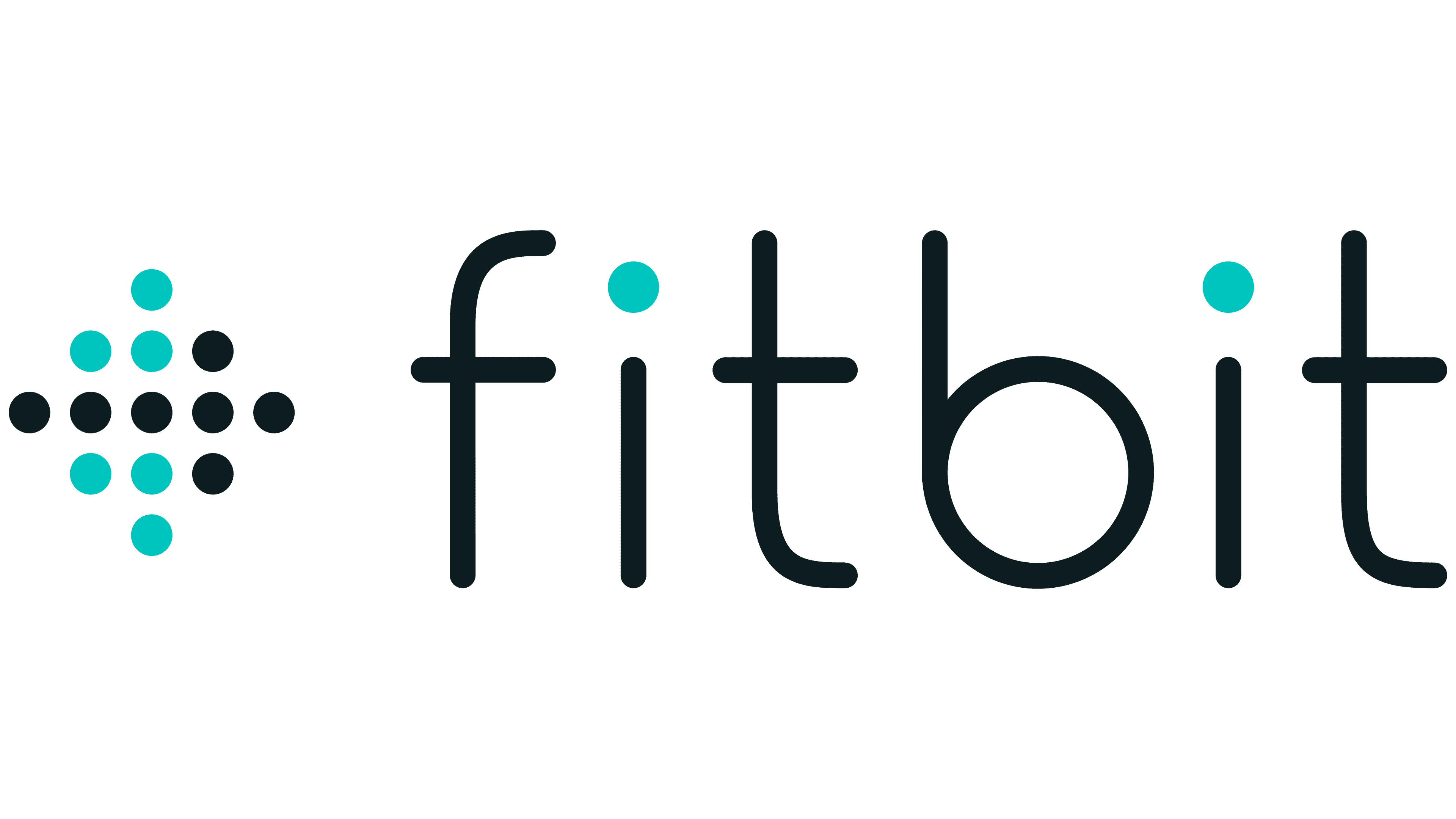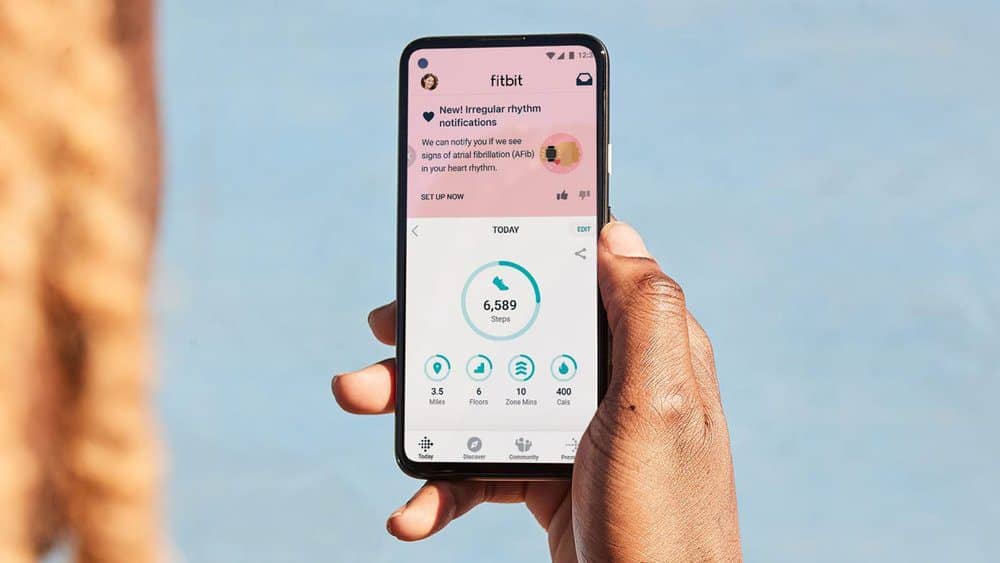Fitbit receives FDA clearance for its PPG algorithm to detect AFib
3 min. read
Published on
Read our disclosure page to find out how can you help MSPoweruser sustain the editorial team Read more


Google has a piece of good news for Fitbit users: it can now employ its new photoplethysmography (PPG) algorithm to recognize atrial fibrillation (AFib). The announcement was made after the company received the U.S. Food and Drug Administration clearance for the algorithm.
“With today’s FDA clearance of our PPG-based algorithm, Fitbit now provides two ways to detect AFib,” the team’s post reads. “Fitbit’s ECG app, which takes a spot-check approach, allows you to proactively screen yourself for possible AFib and record an ECG trace that you can then review with a healthcare provider. While the new PPG-based algorithm allows for long-term heart rhythm assessment that helps identify asymptomatic AFib that could otherwise go undetected.”
According to the Fitbit Team, the new algo can passively assess the user’s heart rhythm while still or at rest, so they’ll be given an alert via the device’s Irregular Heart Rhythm Notifications feature. The identification of the AFib happens with the help of a PPG optical heart-rate sensor that detects blood volume changes from the wrist. Fitbit Team details that the heart rhythm will be determined through the said measurements, and the algorithm will look for irregularities and signs of AFib.
“The clinical validation for Fitbit’s PPG algorithm is supported by data from the landmark Fitbit Heart Study, which launched in 2020 and enrolled 455,699 participants over five months,” the team adds. “The study was conducted entirely virtually during the pandemic, making it one of the largest remote studies of PPG-based software to date. Data presented at the 2021 American Heart Association Scientific Sessions found that the Fitbit PPG detections correctly identified AFib episodes 98% of the time, as confirmed by ECG patch monitors.”
The Fitbit team notes that the irregular heart rhythm affects almost 33.5 million individuals around the world and that it makes them 5 times more prone to stroke. Given that AFib is a challenge to detect, the new feature can be a helpful tool to allow early detection of health problems. The team promises that both the Fitbit PPG-based algorithm and Irregular Heart Rhythm Notifications feature will soon be available to a range of heart-rate enabled devices in the U.S.








User forum
0 messages